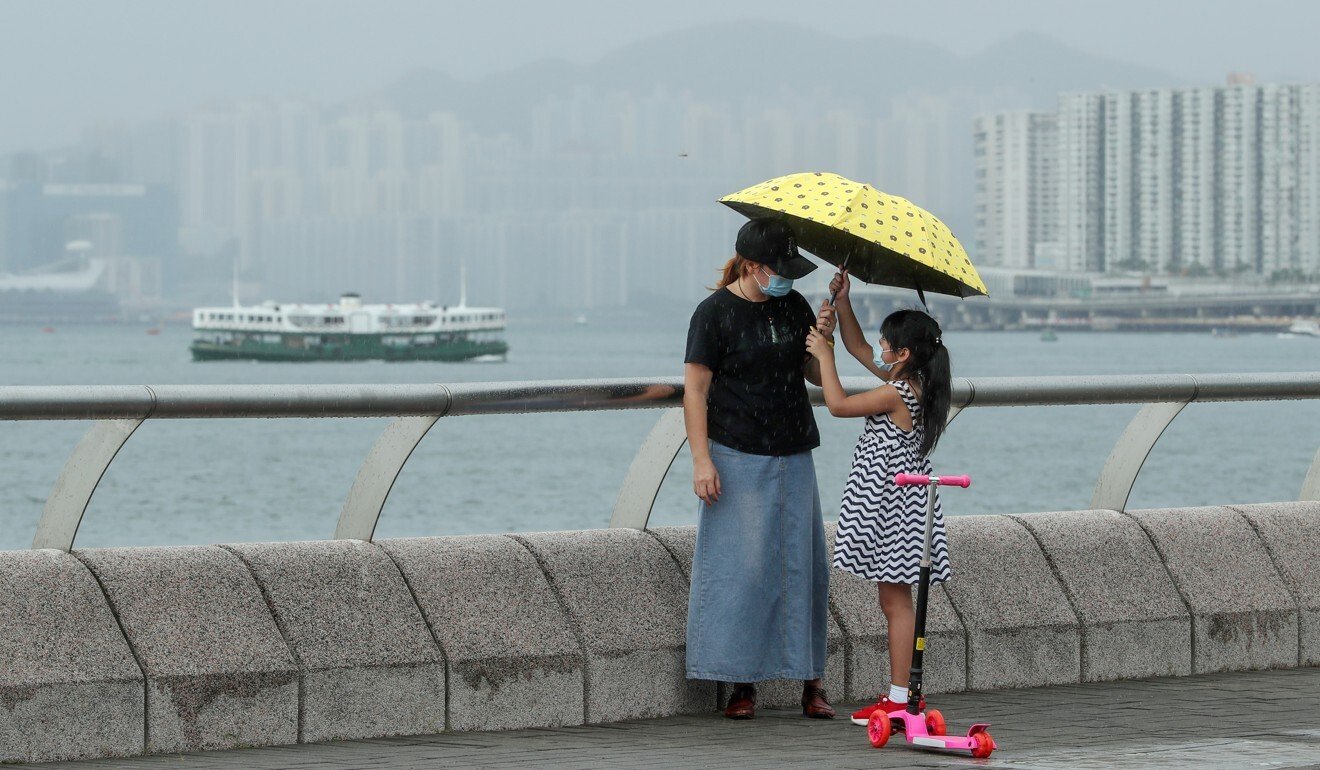Hong Kong News

Hong Kong’s young mums want jobs, but opportunities few and far between
Less than 25 per cent of young mothers in Hong Kong have been able to find work, a new survey has found, and now a group of them are calling on the city’s businesses to do more to provide job opportunities.
They also urged the government to provide subsidies for mothers to pay for day care services, so they could afford to continue to study or work, rather than feeling that life has stopped because they had children.
The Caritas Centre’s Project Hyacinth interviewed 124 women aged 24 or below, and found more than 60 per cent of them wanted to work, but only about 24 per cent held full-time or part-time jobs.
Doris Fok Yuen-hung, a researcher at City University, which conducted the survey, said the proportion of young mothers with jobs was low, compared to the overall employment rate of women in the city, which official figures put at 55 per cent last year.

Kay, a 24-year-old, who had her child three years ago, wants there to be more part-time job opportunities for women such as her.
“There are many out there like me who really want to improve ourselves and work, because we do not want our lives to stop just because we have had children,” she said.
“I think mothers like us can help businesses as it is difficult for companies to find people who want to work short part-time jobs for just a day or two.
“Jobs like these are a win-win situation for mothers like me as it offers flexibility and allows us to structure it around our home lives.”
Kay said her previous employer had been understanding, and her boss had allowed her to take time off to care for her child when needed. But the coronavirus pandemic meant Kay had stopped working.
“I hope in the future there are more companies willing to give young mothers a chance to learn new things and find their path,” she said.
Meanwhile, the Caritas survey found about one-fourth of those surveyed were in the “working poor” class, with their current or previous salaries only reaching HK$4,000 (US$516) each month.
About 40 per cent of them had family incomes of less than HK$10,000, which placed them below the city’s poverty line, according to government statistics from 2018.
More than 90 per cent were also not currently completing their studies, with 80 per cent worried they could not balance it with caring for their children, and 65 per cent worried they could not pay tuition fees.
Similar surveys by the NGO in previous years consistently showed that about half of the young mothers only had a secondary school education, Carmen Yim Ka-man, a senior social work supervisor at Caritas said.
She urged the government to provide some subsidies to public and private child care centres to help young mothers pay for services, freeing up their finances to give them a chance to pursue their studies.
Another young mother, who only wished to be known as Ah Bo, said even though she wanted to finish her studies, she was unable to do so as she had to care of her two sons and her elderly parents.
“I dropped out of school when I got pregnant at 16,” she said. “Since then I have tried to enrol in courses, but it is not possible for me to leave the house for long periods of time to work or take classes.
“Right now I can only take up the most basic jobs, so I would like to learn everything.”
A spokesman for the Labour and Welfare Bureau said it was implementing various policies to help young mothers, including a family friendly policy that enhances the services provided by childcare centres and home-based child carers, and improving the Neighbourhood Support Child Care Project to help women with young children stay employed.
The spokesman also said the bureau had been providing training opportunities and various courses under the Continuing Education Fund, with up to HK$20,000 in reimbursements available.











